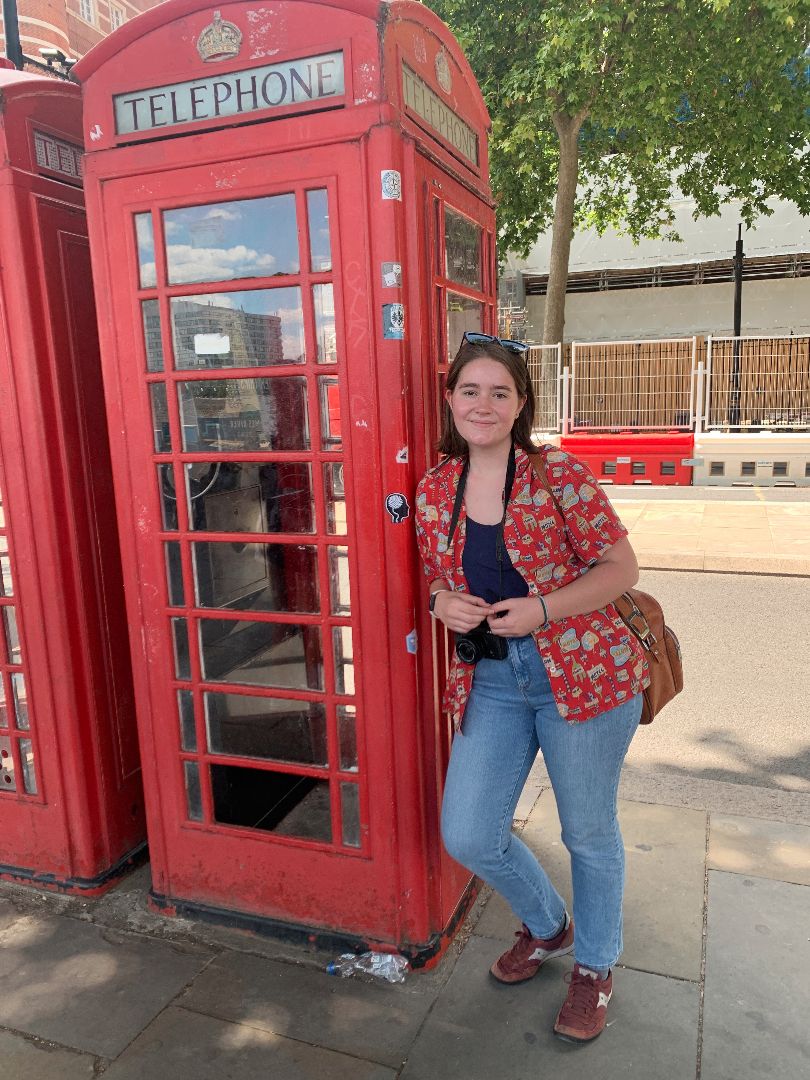Taking Courses Abroad
With proper planning and flexibility, any NatSci major can participate in a study abroad program. That said, there are some factors to keep in mind.

- Faculty-directed MSU programs offer direct MSU credit that appears with a grade on your MSU transcript.
- NatSci courses from Direct Enroll and Exchange programs usually appear as transfer credit on your MSU transcript. You must earn the equivalent of at least a 2.0 to receive the credit.
- Courses from other units at MSU (e.g., IAH, ISS, world languages, etc.) may be transfer (“co-sponsored”) credit or direct MSU (“sponsored”) credit. Pay close attention to the program description, Registrar’s Office Partner Program pages, and your Course Approval Form to ensure you understand how your courses will transfer.
- The best timing for you to study abroad depends on your major and future plans.
- If you are a pre-health student, MSU’s Pre-Health Advisors recommend not taking professional
school pre-requisites while studying abroad
EA Course Selection and Approval Process
You will need to be an active and engaged participant in this process. The Director of Experiential Learning & Education Abroad, your academic advisor, and the MSU EA staff can all be resources for you in planning EA courses, but keep in mind that no one can tell you offhand which host institution courses you should take. This is a collaborative process that can take significant time.
- Talk to your academic advisor about your education abroad goals and consider asking them to help you create a plan to graduation that includes a time for study abroad. You might ask:
- How can I outline my degree plan so it includes a term abroad?
- Within my major, are there courses that must be taken here on campus or as MSU credit?
- What courses in my degree plan could I take as transfer credit?
- Can I “save” any university requirements or elective credits for education abroad?
- Use the MSU EA Program Search to explore education abroad programs. Check the Academics tab for programs you are interested in. Faculty-directed programs should list the courses offered. Direct-enroll and exchange programs should link to the course catalog of the host institution. You will need to do some research to try to identify courses that you think might meet your needs.
- Courses from host institutions will need to be evaluated to determine how they will
transfer to MSU using the Course Approval Form.
Course Approval Form
If you decide to participate in an exchange or direct-enroll program, you will need to complete a Course Approval Form (CAF). This form will let you know how the credit you earn abroad will return to MSU and how it may fulfill degree requirements.
The course approval form is extremely important, as it helps you ensure that the courses you take abroad will help you make progress toward your degree. If required, the form will be available in your EA Portal once you have been accepted to a program. Follow all instructions on the form carefully. Ultimately the proper completion of this form is the student’s responsibility. It is in your best interests to take your time and ensure you understand how your credits will transfer.
You will need to submit syllabi, lecture schedules, or detailed course descriptions of each course that you are interested in taking. Very short (1-2 sentence) descriptions from course catalogs are usually not enough information. You may need to reach out to an EA Program Coordinator or someone at your host institution for help if detailed information is not available online.
The NatSci Director of Experiential Learning & Education Abroad facilitates the course approval process and signs off on submitted courses in the EA portal. If you have received a preliminary transfer equivalency from a department or advisor, please notify the Director separately by email. You will still need to enter the course in the CAF.
Very often, courses from abroad are not an exact match for an MSU course. When this happens, departments may choose to approve a course as GCU instead of a specific course number. Some departments may allow GCU to substitute for a particular degree requirement. This is at their discretion and must be approved by your academic advisor.
In rare instances, it may be necessary to make additions or changes to the CAF while you are abroad, for instance, if a class you got pre-approved is not offered and you have to make a substitution, or if you discover an interesting new class you want to take. Don’t panic—follow the same steps to fill out a new form for the additional classes.
For assistance with the Course Approval Form process, NatSci students can contact Sarah Whitaker, NatSci Director of Experiential Learning & Education Abroad, at whitak41@msu.edu.